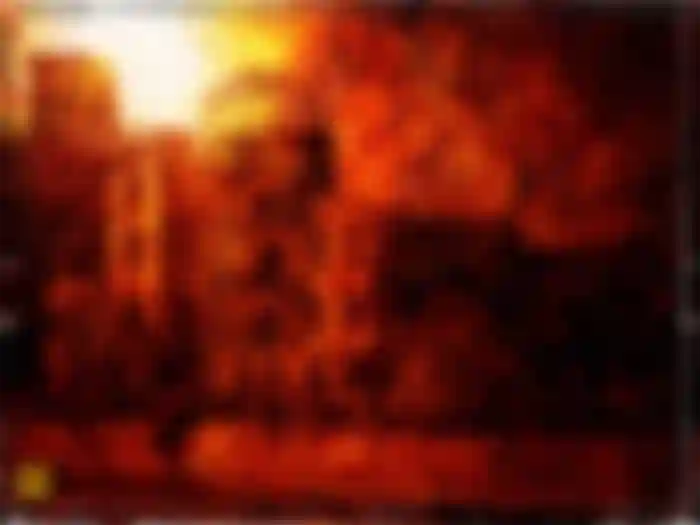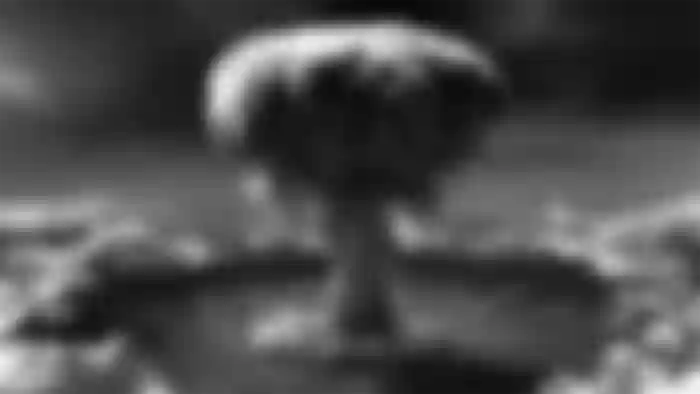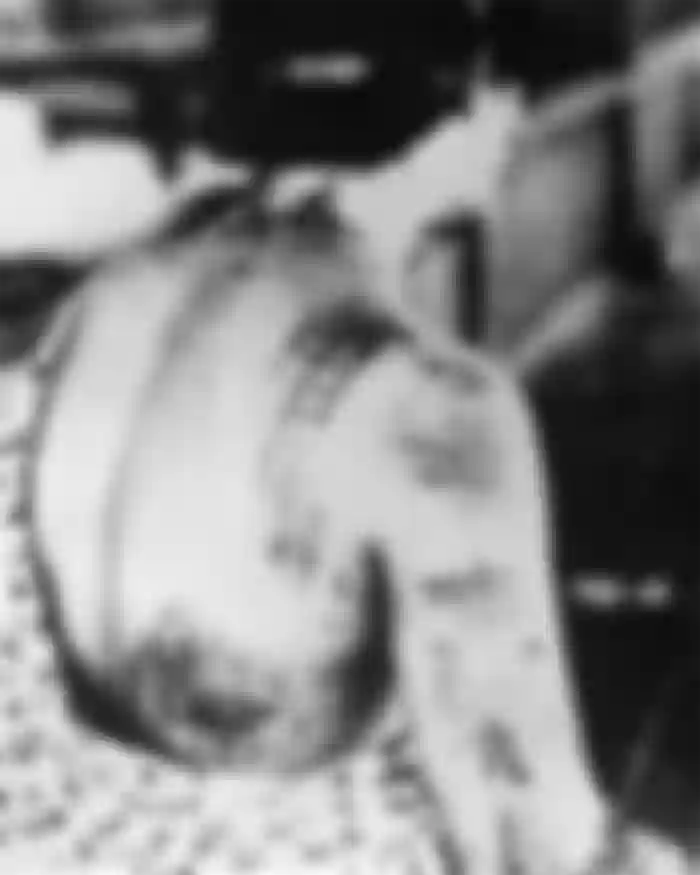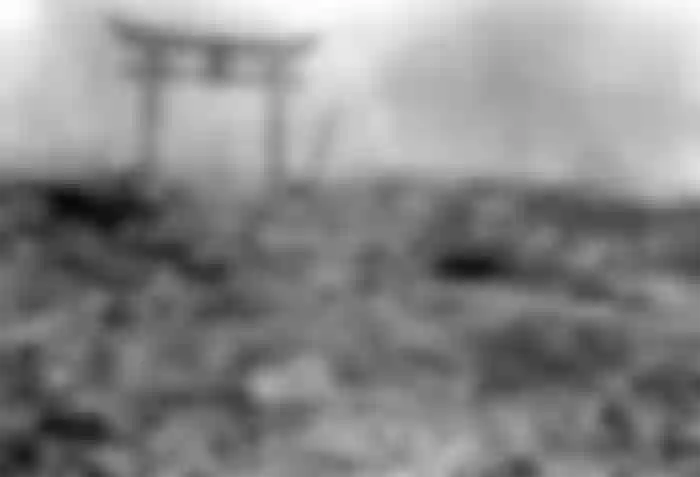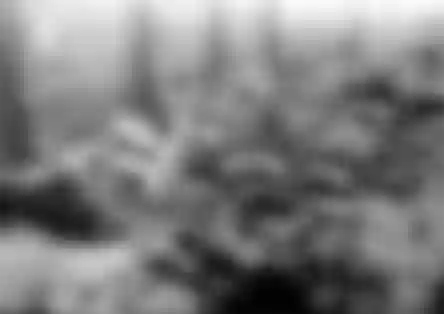A few days ago on the 6th of August was the anniversary of the dropping of the atomic bomb on Hiroshima. Two days later on the 9th of August, Nagasaki was hit too. May those pour souls rest in peace.
The Nagasaki bombing was every bit as bad, but in this post I will be talking about the Hiroshima bombing.
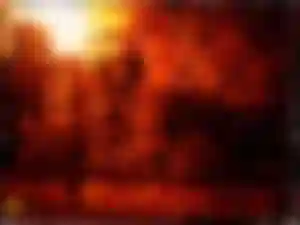
Shortly before 8:15 am Japan time, a B-29 bomber and two other aircrafts were noticed by the residents of Hiroshima. They were expected. They had been detected and an air-raid alert had sounded across the city. As soon as the military realized it was only three planes, however, the alert was lifted. What could such a small number of planes do, after all? It was thought the planes must be scouting things out for the forthcoming real attack. The military decided to conserve their diminishing supply of arms and fuel and let the crafts go. Anti-aircraft guns sat silent.
A few continued to watch the planes. Even fewer caught sight of a large parachute unfurling before the planes flew away. Most, however, had put the aircraft out of their mind and got on with their day. Life returned to normal. People went about their business of trying to survive.
Then hell rained down.
8:15
At exactly 8:15 a.m on August 6th, "Little Boy" was dropped by the United States B-29 Enola Gay. It detonated directly over a hospital, about 2000 feet up, exploding with the destructive equivalent of thirteen thousand tons of TNT, projecting destruction and radiation in every direction.
(Warning, although this is animation, it depicts the bombing and is disturbing. I suggest you watch so you know the horror of the event, but I understand if you don’t want to. Everything you see is based on eyewitness accounts from the survivors who were interviewed afterwards.)
Around 70,000-80,000 people were killed instantly—only 20,000 of whom were soldiers (including 12 America POWs)—representing about 30% of the Hiroshima population. Another 70,000 were injured to varying degrees. The sky turned red as fire, with clouds of smoke and dust. Lightning flashed and thunder rumbled as the mushroom cloud towered over the city. Dead, mutilated bodies were everywhere. The air was thick with char from all the burning rubble. Within the hour, a sticky black rain began to fall.
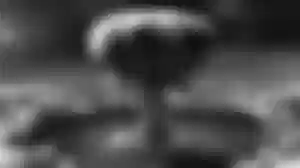
The bomb was considered very inefficient, with only 1.7% of its nuclear core fissioning. Even so, it was enough to destroy 70% of the city and damage most of the other buildings of the city—many of which were destroyed anyway by the resulting fires. Over 90% of the doctors and nurses in the city were killed so there was little initial help for the survivors—forever known as hibakusha (被爆者, *people exposed to the bomb*). In the years since the bomb, over 324,129 hibakusha have died from effects of the radiation they were exposed to in that instant.*
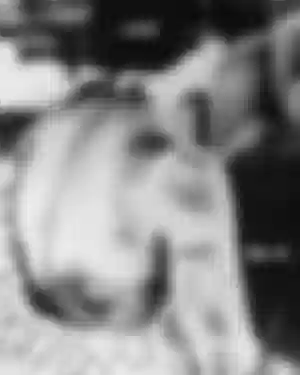
US Military Opposition to the Bomb
It may surprise you to learn that both Eisenhower and MacArthur were opposed to the bomb, thinking that it was too terrible to use against people and both thinking Japan was already defeated. When informed of the plans to drop the bomb, Ike expressed grave misgivings and stated his opposition to such an "awful thing”.† MacArthur saw no military justification to the bomb; he believed military objectives should limit damage to noncombatants and was fearful that the bomb would be used instead to target noncombatants. Later he went so far as saying that the delay in Japan surrendering and thus America's justification for dropping the bomb was America's fault, due to her instance that the Emperor be eliminated, which leadership knew was an impossible demand.‡§
No warning was given that Hiroshima was about to be obliterated. No warning was given that a new, more deadly bomb was going to be dropped. Military leaders debated setting off a demonstration bomb as a warning; they also debated dropping leaflet warnings urging civilians to leave the area.Δ They decided on neither, wishing to maximize psychological terror. President Truman noted to the American people (and wrote the same thing in his personal diary) that Hiroshima was targeted because it was "a purely military target". Either he was grossly misinformed or he was ignoring reality. In reality, Hiroshima was chosen because it was one of the few Japanese cities undamaged by air raids and so it would make a splendid demonstration of the power of the bomb. Many historians argue that this is one of the suggestions of the true purpose of the bomb—that of a demonstration and a warning, not for Japan, but for Russia.
We Shall Not Repeat the Evil
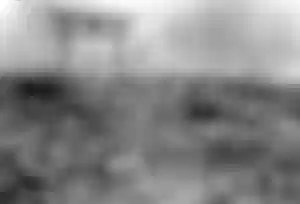
It is now 76 years after the event and the time for squabbling over if it was necessary or not—if it was justified or not, if it ultimately saved lives or not, if it prevented Stalin from grabbing half of Japan or not—is long past. I think you can guess what side of the argument I come down on and which I think is the moral position, but I am not interested in having an argument about it. All that remains for us is to mourn the tragic deaths of all these people, many of whom were anti-war, many of whom were actively opposed to what their government was doing, many of whom wanted nothing more than to raise their children in peace and grow old enough to play with their grandchildren. Hiroshima should be an example of what we should never, never, never allow to happen again to anyone and it should never be forgotten.
Every year across Japan there is a moment of silence for the people who lost their life in this tragic event. I urge everyone reading this to also close your eyes and give a minute of silence to the dead.
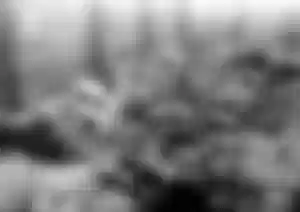
At the Cenotaph for the A-bomb Victims in the Hiroshima Peace Park there is an inscription that sums things up nicely. It reads:
安らかに眠って下さい 過ちは 繰返しませぬから。
Let all the souls here rest in peace, for we shall not repeat the evil.
You Only Live Once
Years earlier, upon hearing news from their invasion of China, Zenmaro Toki (土岐善麿) penned the following tanka:
遺棄死体数百といひ数千といふいのちをふたつもちしものなし 土岐善麿
“Abandoned corpses numbered
in the hundreds,” they say,
"in the thousands“.
Not one of us
can live twice.
—Toki Zenmaro
At the time it was dangerous for anyone to be anti-war, especially a public figure. Many public figures who expressed anti-war sentiment were immediately thrown in prison, tortured, and even killed. But Zenmaro didn't let that stop him from sharing what was in his heart: Life is precious! His words work well for any war.
Photo: Hell's Flames at the A-bomb Dome
The first photo in this piece is a normal shot of the A-Bomb Dome from one of the few places to get a clear shot of it, across the river. For this image, however, I wanted to evoke some of the feeling of the horrible event. Can you imagine going about your daily life and—suddenly you hear a gigantic boom that echos in your ears, feel a rush of air displaced from the explosion, see a tremendous flash of light—and your world turns to hell.
I combined a few different textures of rust, wood, and clay to make the effect. This image was crying out for a border, so I added one as well.
I am not being pro-Japan with this post, nor anti-American. I am being anti-war and pro-human. War is hell. War is immoral. We should do everything in our power to eliminate the very idea of war.
I ask that you please not reply with "But Pearl Harbor!" or "But Nanjing!" or something similar. Horrible, evil events, absolutely, and I will join anyone in condemning them. But two wrongs do not make a right. Evil is wrong, but responding to evil with more evil is every bit as wrong. As Gandhi famously said: “An eye for an eye only ends up making the whole world go blind.”
I rarely ask others to share posts, but if you agree with my message of anti-war, please share this so others can see.
安らかに眠って下さい 過ちは 繰返しませぬから。
Let all the souls here rest in peace, for we shall not repeat the evil.
Footnotes:
*: That number is for Hiroshima hibakusha only. We can add in 185,982 from the Nagasaki bomb, making the total over 510,000 who have from the atomic bombing of Japan. These numbers are current as of August 2020. I haven’t seen updated numbers for the past year yet.
†: Dwight Eisenhower, Mandate For Change, pg. 380
‡: Norman Cousins, The Pathology of Power, pg. 65, 70-71
§: When given total control of the country, MacArthur protected the Emperor, defeating the purpose of the unconditional surrender demand from Truman, and—by the reasoning that it was used to force the Japanese to agree to the unconditional surrender demand—the atomic bomb, so perhaps it's no surprise he was critical of both.
Δ: Leaflets warning about atomic bombs were dropped on other cities. 63 million leaflets total. But none on Hiroshima.
